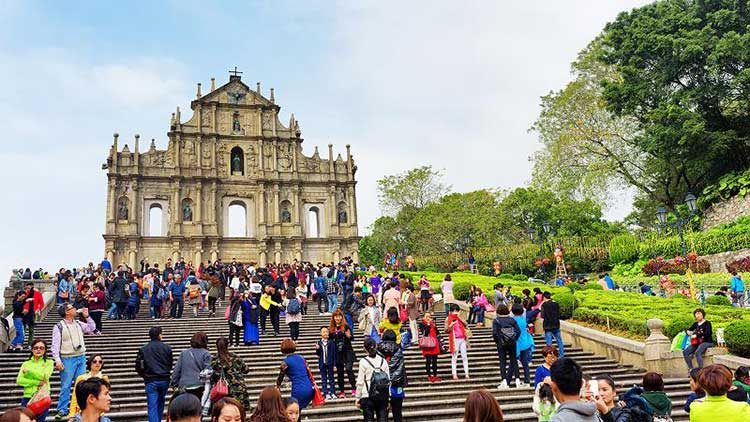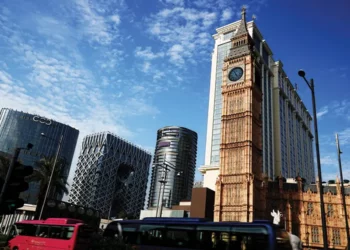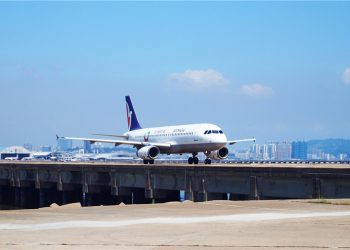A Feasibility Study into the possible introduction of a tourist tax for visitors to Macau has found strong opposition among industry groups, with around 80% of industry participants interviewed stating they do no support such a move.
The Macao Government Tourism Office (MGTO) revealed initial results of the study, which was first announced in May 2019, on Friday with around 14,900 questionnaires collected from residents, visitors and representatives of Macau’s travel and tourism industries.
The findings revealed overwhelming support from local residents with 95% supporting the idea. Of those, around 32% prefer a tax of between MOP$100 and MOP$199 while 22% suggested a tax of MOP$99 or lower.
However, only 20% of respondents within the tourism industry expressed support, while 50.6% of visitors surveyed said a tax would affect their intention to visit Macau. Another 25.2% of visitors said any impact on their travel plans would depend on the actual situation.
According to the MGTO, the Feasibility Study was conducted based on 11 improvement strategies proposed by the World Tourism Organization (UNWTO) to cope with over-tourism, and is aimed at providing findings that can serve as scientific grounds for formulation of governmental policies.
It cited case studies suggesting a tourist tax may only lead to a slight slowdown in the growth of visitor arrivals in the early stages of any tax being imposed. Among the MGTO’s concerns are challenges around “complicated administrative formalities” due to the majority of Macau’s visitors arriving by land.
The MGTO said it has now submitted the findings of the study to the SAR Government to “conduct a comprehensive analysis and scrupulously consider a range of factors such as the economy, destination image and the overall policies of the Greater Bay Area before formulating related policies.”
In an interview with Inside Asian Gaming last year, the University of Macau’s Professor Glenn McCartney suggested that a tourist tax was unlikely to prove the best solution for Macau in its pursuit of a higher quality but lower volume of visitation.






























